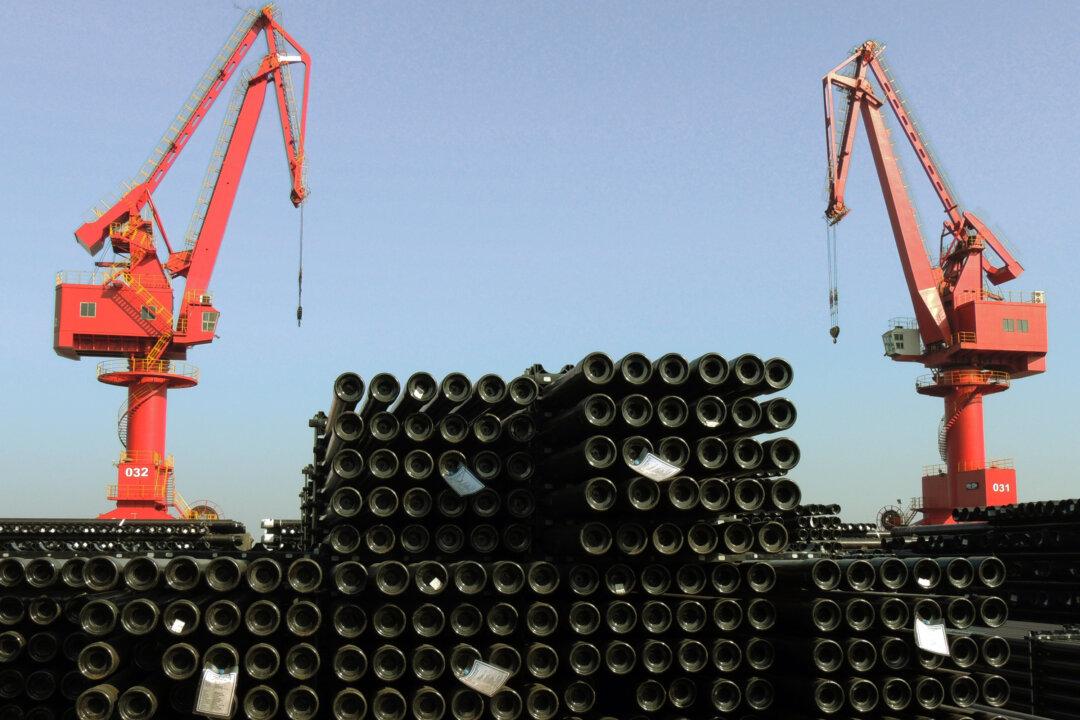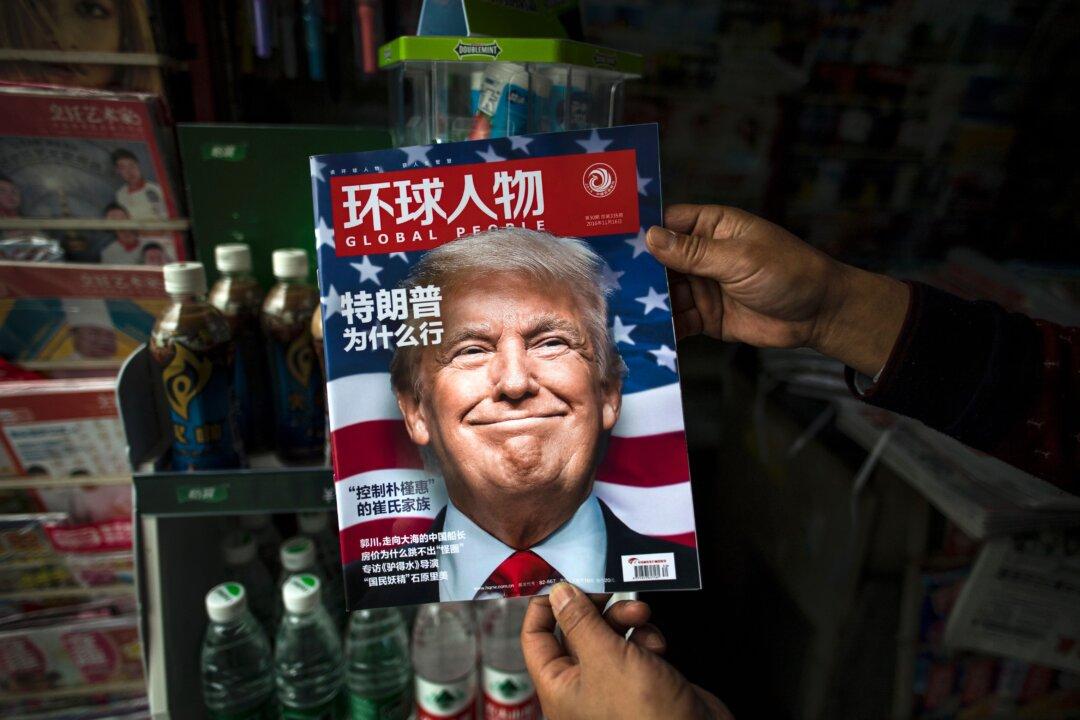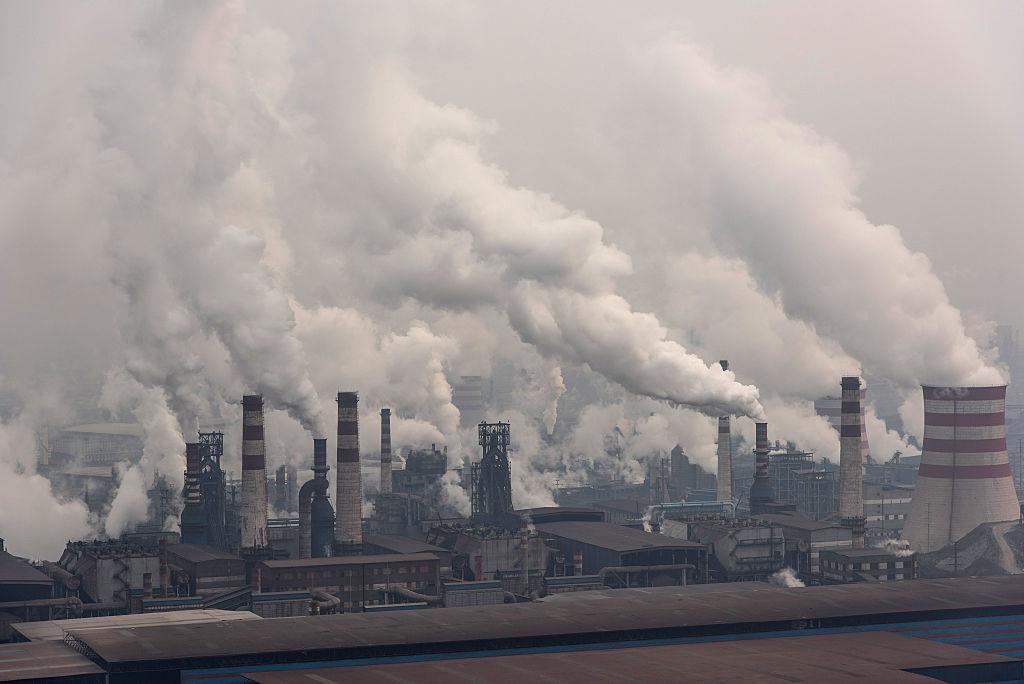Extremely low annual net profits published by a large number of Chinese listed companies give cause to question China’s economic development model.
According to a 2014 report on China’s 2,818 listed companies, the net income of 494, or 17.5 percent of them, is under 15 million yuan (US$2.31 million)—less than the price of a good apartment in Beijing, Shanghai, Guangzhou, or Shenzhen. Furthermore, the net income of 1,065 companies, or 37.8 percent, is less than 55 million yuan ($8.47 million), not enough to purchase a luxury apartment in Shenzhen. This data indicates the abysmal state of China’s economy.
I see four major causes for the low earnings by so many of China’s top companies.
One: Of China’s top 500 enterprises, and those listed as Fortune 500, the most profitable all enjoy monopoly status. Whether they are financial institutions, telecommunications companies, or oil companies, their profits are derived from having been granted a monopoly by the state.
Two: Almost all Chinese companies have become involved in the financial market in recent years. Any available cash is immediately invested in finance, banking, or insurance sectors—the reason being a shortage of other investment opportunities.
Therefore, looking at the 2014 listed companies report, one notices that the profit of 16 listed banks accounted for more than half of the total net income of the nearly 3,000 listed companies. It means the 3,000 listed companies work either for banks, the tax authority, or the real estate sector.




